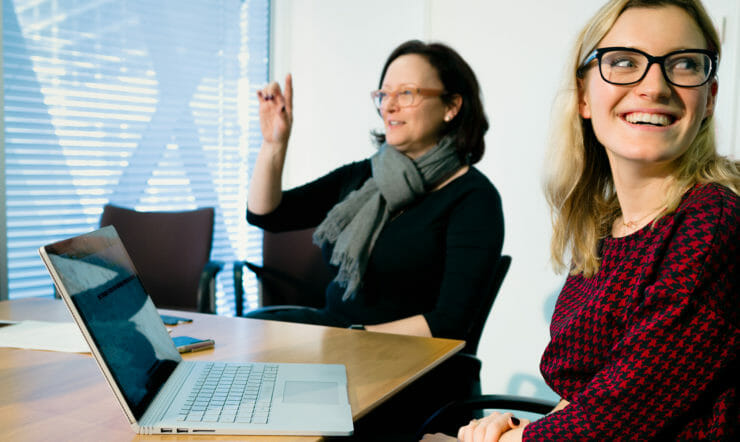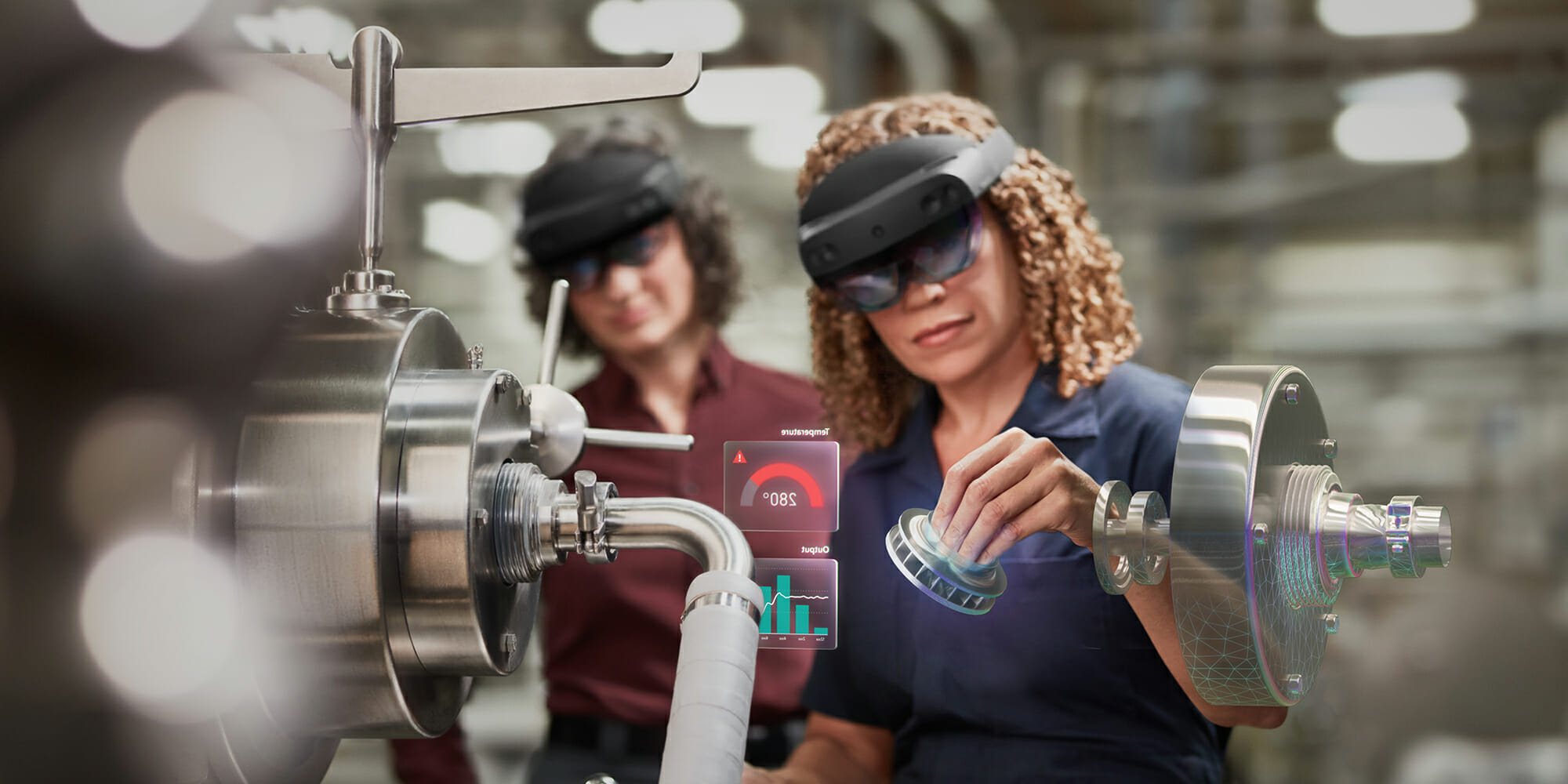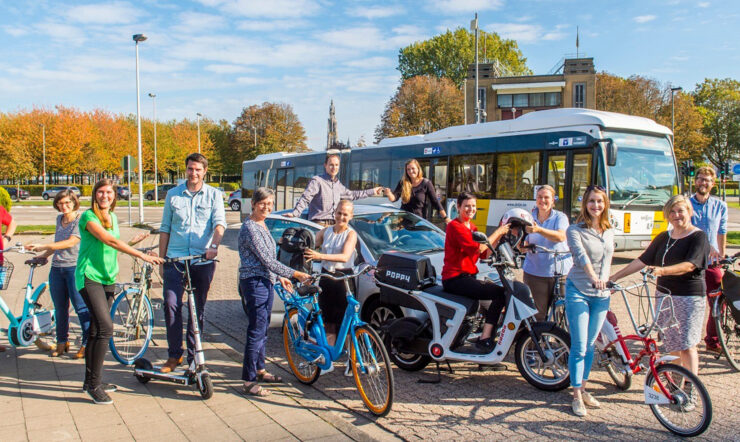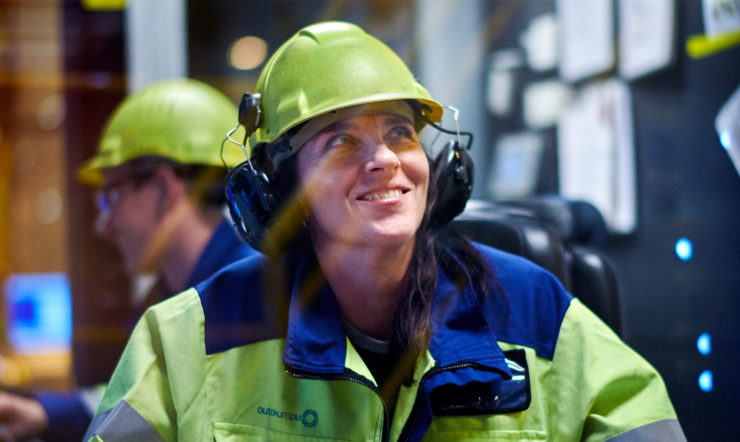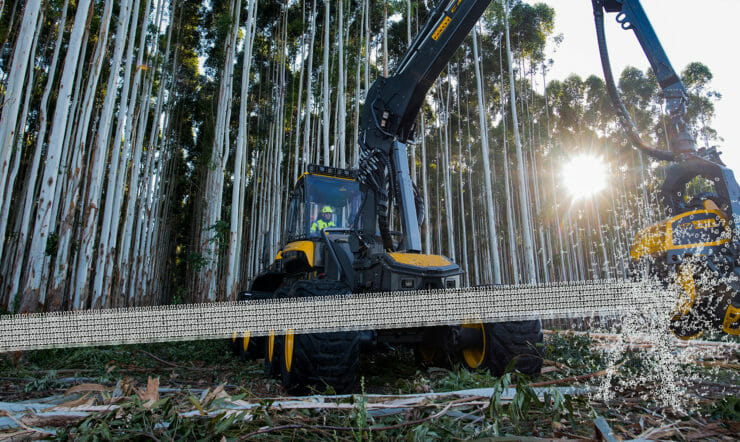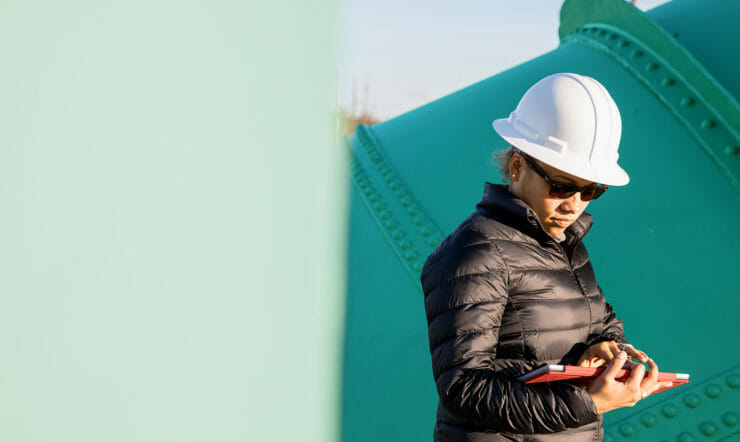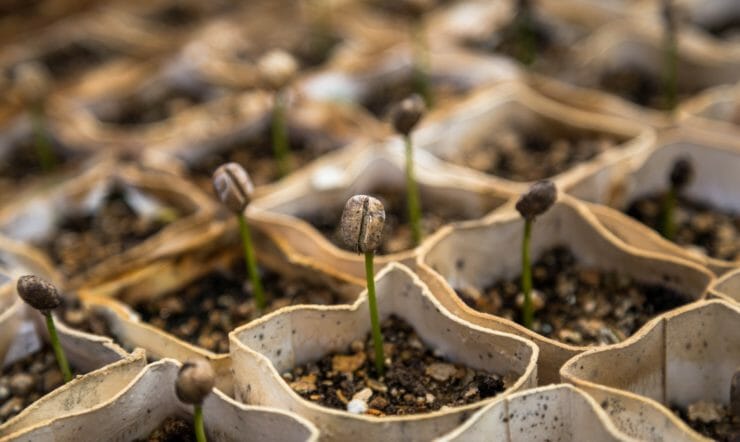Over the course of the past decade, the transformation of manufacturing has generated huge excitement. The new dawn heralded by Industry 4.0 has brought technology to the fore, promising a future of unparalleled efficiency and unprecedented innovation.
But another shift has taken place alongside: a growing awareness of the impact that manufacturing is having on the environment and an increased scrutiny on how manufacturers are working to make their processes and products more sustainable.
If manufacturers are to make the most of Industry 4.0, a key part of that is going to involve addressing the sustainability agenda and putting sustainable best practices at the heart of their operations and product development. It is a huge challenge, but with the right technology, it is one that every manufacturer can not only achieve but also benefit from.

Sustainable opportunities in manufacturing
The good news for manufacturers is that the sustainability agenda represents a fantastic opportunity. Many C-Suite roles are already looking at the potential sustainability has to drive new growth. For example, by creating new product designs that have lower energy usage and emissions over their lifecycle, and that meet new regulatory requirements and shifting end-user expectations.
Technology is playing a crucial role in helping manufacturers to realize visions such as these, as well as to achieve broader goals like the decarbonization of the sector overall, the elimination of waste and creating greater circularity.
Intelligent manufacturing can create better outcomes throughout the end-to-end value chain and lifecycle of products and services. And digital tools can help manufacturers to break down silos and gain a holistic view of their entire operation.
As the circular economy agenda gathers pace and the focus on responsible materials sourcing, recycling and reuse increases, every manufacturer needs to prioritize sustainability within their operation.
The sustainable transformation model
The Sustainable Transformation Model has been developed by Microsoft to provide a framework to support businesses in their efforts to create a better tomorrow.
It provides industry-specific guidance on how to take the next step forward, detailing what to consider now, next and beyond across 3 pillars of the sustainable business model: sustainable platform, sustainable collaboration and sustainable ecosystem.
Start building a more sustainable future for manufacturing. Download the Sustainable Transformation Model today:

